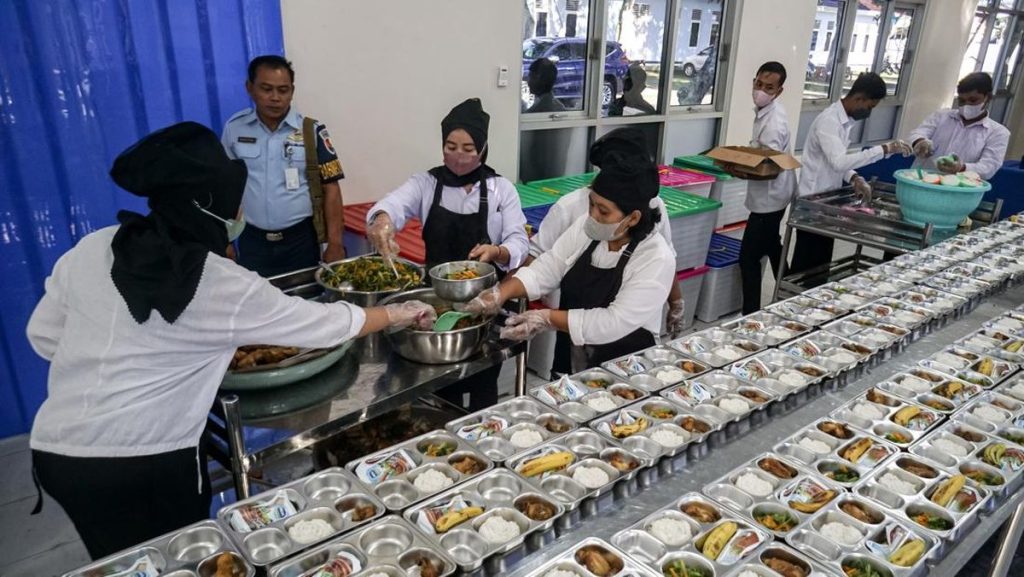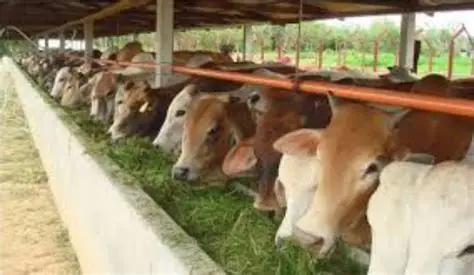
Indonesia stands as a global leader in the production and export of charcoal, leveraging its abundant natural resources and strategic geographical position. This blog explores the intricate dynamics of charcoal industry Indonesia, delving into key trends, addressing challenges, and outlining future prospects for this vital sector.
Introduction to Indonesia’s Charcoal Landscape
The charcoal industry in Indonesia holds significant economic importance, supported by diverse raw materials such as hardwood, coconut shells, and agricultural residues. Charcoal production processes vary from traditional methods to advanced technologies, each tailored to meet specific market demands ranging from household consumption to industrial applications.
Key Trends Shaping the Charcoal Industry
- Sustainability as a Driving Force: Environmental sustainability has emerged as a pivotal trend influencing Indonesia’s charcoal industry. Producers are increasingly adopting sustainable forestry practices, ensuring responsible land management, and promoting reforestation efforts to mitigate environmental impact. Initiatives such as the Indonesian Sustainable Palm Oil (ISPO) certification and Forest Stewardship Council (FSC) accreditation underscore Indonesia’s commitment to sustainable charcoal production.
- Technological Advancements: Innovation in charcoal production technologies plays a crucial role in enhancing efficiency and product quality. Modern pyrolysis techniques, efficient kiln designs, and biomass conversion processes optimize resource utilization and minimize carbon emissions. These advancements not only improve productivity but also align with global standards for clean energy solutions.
- Market Expansion and Diversification: Indonesian charcoal suppliers are diversifying their market presence beyond traditional uses. Emerging sectors such as pharmaceuticals, cosmetics, and water purification industries are increasingly turning to charcoal-derived products for their natural and renewable characteristics. This diversification enhances market resilience and opens new avenues for growth amidst evolving consumer preferences.
Challenges Facing the Charcoal Industry
- Regulatory Compliance: Compliance with stringent environmental regulations and trade policies poses challenges for Indonesian charcoal exporters. Navigating complex permit requirements, ensuring legal sourcing of raw materials, and meeting international standards demand meticulous attention to regulatory detail. Non-compliance can result in trade barriers and reputational risks, underscoring the importance of adherence to regulatory frameworks.
- Market Volatility and Economic Uncertainty: Global charcoal markets are susceptible to price fluctuations influenced by economic conditions, geopolitical factors, and shifts in consumer behavior. Adapting to market volatility requires agility and strategic planning to sustain profitability and market competitiveness amidst unpredictable external factors.
Future Outlook and Strategic Opportunities
- Rising Demand for Sustainable Solutions: The growing global demand for sustainable and eco-friendly products presents lucrative opportunities for Indonesia’s charcoal industry. By aligning with sustainability benchmarks and certification programs, such as Carbon Disclosure Project (CDP) and International Sustainability and Carbon Certification (ISCC), Indonesian exporters can enhance market access and appeal to environmentally conscious consumers.
- Innovation and Research Advancements: Continued investment in research and development fosters innovation in charcoal production methods and product diversification. Advancements in biochar technology, activated carbon applications, and renewable energy solutions position Indonesian producers at the forefront of technological innovation and market leadership.
Conclusion
The charcoal industry in Indonesia, including exporters facilitated by services like JACOID, is positioned for robust growth driven by sustainability, innovation, and strategic market expansion. By adopting eco-friendly practices specific to charcoal in Indonesia, adhering to regulatory frameworks, and leveraging technological advancements, Indonesian charcoal producers can effectively navigate challenges and capitalize on emerging opportunities in the global marketplace.
In summary, Indonesia’s charcoal industry, exemplifying resilience and adaptability in a dynamic global economy, underscores its commitment to quality, sustainability, and innovation. Charcoal suppliers in Indonesia, including those partnering with JACOID as export facilitators, not only meet current market demands but also play a crucial role in shaping a sustainable future for generations to come.






